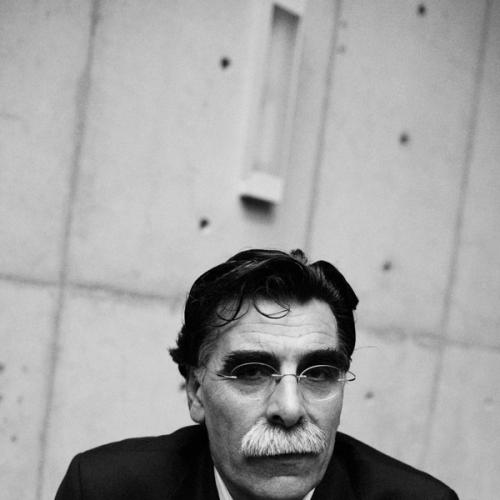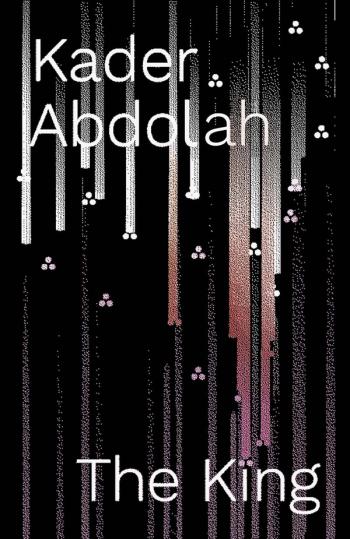Kader Abdolah
Kader Abdolah is the pen name of Hossein Sadjadi Ghaemmaghami Farahani. Opposed to the rule of the last shah and that of the ayatollahs who followed, Abdolah was forced to leave Iran as a political refugee in 1988. He now lives in Holland and writes in Dutch, and lept to literary fame after 2005’s House of the Mosque. That novel, My Father’s Notebook (2000), and The King (2014), have appeared in English, and he has been acclaimed as “moving and illuminating” (Publisher’s Weekly), “captivating and distinctive” (TLS), “poignant and colorful” (The Economist), and “clean and lyrical” (Kirkus Reviews).

